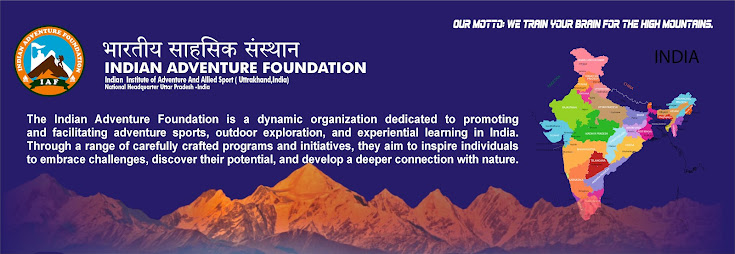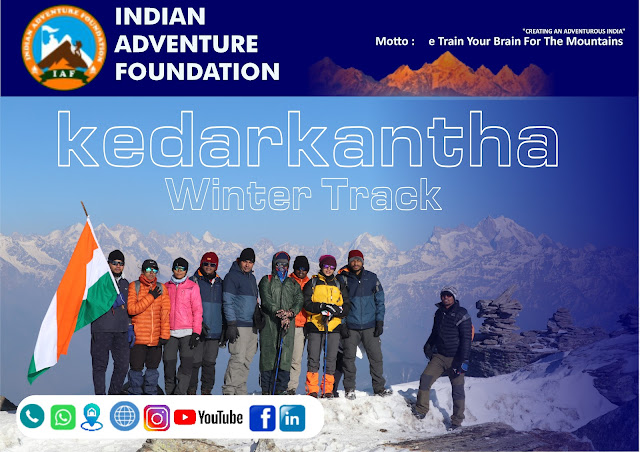Mountaineering expeditions can encompass various aspects, including
Mountaineering expeditions can encompass various aspects, including:
Physical Conditioning: Participants need to be physically fit to handle the demands of high-altitude climbing and the strenuous conditions associated with it. Technical Skills: Climbers require training in various technical skills such as rope work, ice and snow techniques, rock climbing, and crevasse rescue. Altitude Acclimatization: As climbers ascend to higher altitudes, their bodies need time to acclimate to the lower oxygen levels. Proper acclimatization strategies are crucial to avoid altitude sickness and other health issues. Equipment Familiarization: Climbers must become familiar with the equipment they'll be using, which can include ropes, harnesses, crampons, ice axes, helmets, and more. Navigation: Navigation skills are essential in the mountains, where weather conditions can change rapidly and visibility may be limited. Camping and Survival: Climbers need to know how to set up camps in challenging conditions, cook food, manage waste, and handle emergency situations. Risk Management: Understanding the risks associated with mountaineering and learning how to make informed decisions regarding weather, route choice, and turning back when necessary is vital for safety. Group Dynamics: Many mountaineering expeditions involve team members working together. Learning effective communication and teamwork is crucial for a successful expedition. Environmental Considerations: Climbers should have an understanding of Leave No Trace principles and environmental conservation to minimize their impact on the fragile mountain ecosystems. If "Mount training expedition" has gained significance after my last update, I recommend checking the latest sources or organizations related to mountaineering for the most up-to-date information.




Comments
Post a Comment